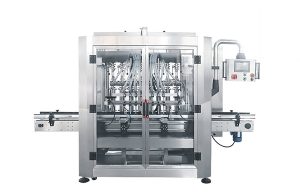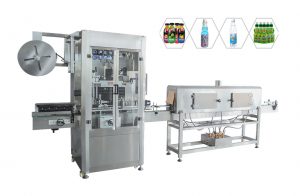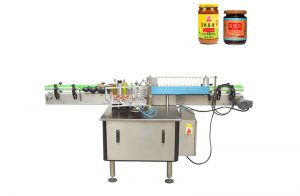In the intricate realm of packaging, the process of bottling stands as a cornerstone of modern production lines across various industries. From beverages to pharmaceuticals, the method of bottling plays a pivotal role in ensuring product integrity, efficiency, and consumer satisfaction. In this comprehensive guide, we delve into the nuances of bottling, exploring its methodologies, equipment, and significance in today’s market landscape.
Unraveling the Methodology
At its core, bottling refers to the process of filling liquid products into bottles, sealing them securely, and preparing them for distribution. However, the methodology behind bottling extends far beyond mere liquid transfer. It encompasses a series of meticulous steps aimed at maintaining product quality, hygiene standards, and production efficiency.
Cleaning and Sterilization: The journey of bottling begins with meticulous cleaning and sterilization of bottles and equipment. This step is imperative to ensure the elimination of contaminants that could compromise product quality and safety.
Filling: Once the bottles are sanitized, they are filled with the desired liquid product. This stage demands precision to achieve accurate fill levels while minimizing wastage and ensuring consistency across batches.

Capping or Sealing: Following the filling process, bottles are securely sealed to prevent leakage and maintain product freshness. Various sealing techniques such as capping, corking, or sealing with foil are employed based on the nature of the product and industry standards.

Labeling and Coding: Post-sealing, bottles undergo labeling and coding to provide essential product information, including ingredients, expiry dates, and batch numbers. Accurate labeling is crucial for regulatory compliance and consumer transparency.

Packaging and Inspection: The final step involves packaging the filled and sealed bottles into boxes or crates for transportation and retail display. Additionally, thorough inspection mechanisms are employed to detect any defects or irregularities that may have occurred during the bottling process.
Evolution of Bottling Technology
Over the years, advancements in technology have revolutionized the bottling industry, enhancing efficiency, precision, and sustainability. Automated bottling lines equipped with state-of-the-art machinery have replaced manual labor, enabling faster production rates and minimizing human error.
Filling Machines: Modern filling machines utilize advanced techniques such as volumetric, gravimetric, or pressure-based filling to achieve unparalleled accuracy and consistency.
Capping Systems: Automated capping systems equipped with servo-driven mechanisms ensure precise torque control, thereby optimizing seal integrity and preventing over-tightening or under-tightening of caps.
Labeling Solutions: High-speed labeling machines equipped with vision systems and software integration enable seamless application of labels with minimal wastage, even on irregularly shaped bottles.
Quality Control Systems: Integration of artificial intelligence and machine learning algorithms facilitates real-time monitoring of production processes, allowing for early detection of anomalies and preventive maintenance.
Significance in Various Industries
The methodology of bottling holds immense significance across a spectrum of industries, each with its unique requirements and challenges.
Beverage Industry: In the beverage industry, efficient bottling is essential to maintain product freshness, carbonation levels, and shelf life. From soft drinks to alcoholic beverages, precise bottling techniques are crucial for preserving taste and aroma.

Pharmaceutical Sector: In pharmaceuticals, bottling plays a critical role in ensuring accurate dosage delivery and product safety. Compliance with stringent regulatory standards necessitates precise filling, sealing, and labeling processes.

Cosmetics and Personal Care: In cosmetics and personal care products, aesthetically pleasing packaging coupled with leak-proof seals enhances product appeal and consumer confidence.
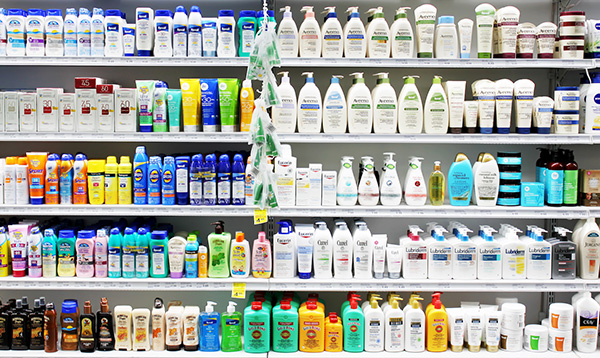
Food Industry: From sauces and condiments to oils and syrups, the food industry relies on efficient bottling solutions to maintain product quality, hygiene, and compliance with food safety regulations.
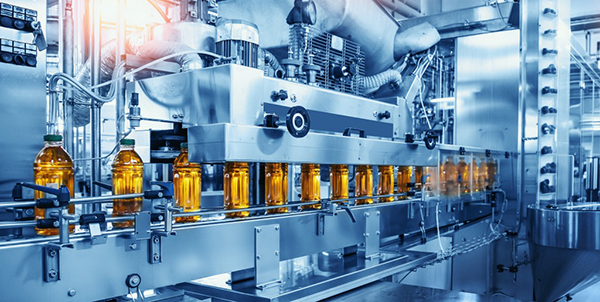
Conclusion: Embracing Innovation for Optimal Bottling Solutions
In conclusion, the methodology of bottling embodies a convergence of precision engineering, hygiene standards, and regulatory compliance. As industries evolve and consumer demands escalate, embracing innovation in bottling technology becomes imperative for businesses striving to maintain a competitive edge. By investing in advanced bottling solutions and adhering to best practices, companies can streamline their production processes, enhance product quality, and meet the ever-evolving needs of the market.
At VKPAK, we specialize in cutting-edge bottling solutions tailored to your unique requirements. Whether you’re a small-scale producer or a multinational corporation, our expertise and innovation empower you to elevate your bottling operations to new heights. Contact us today to discover how we can revolutionize your packaging processes and drive sustainable growth.





